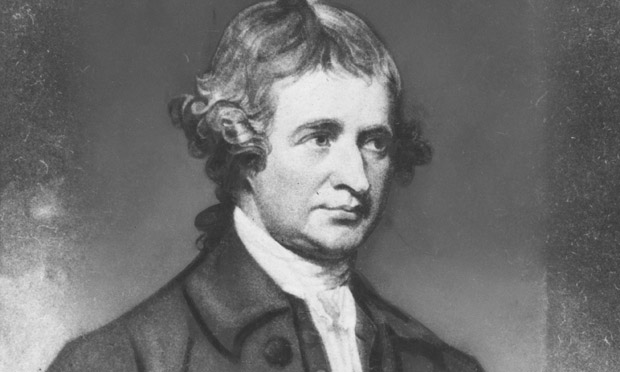Because he was a principal defender of that world of reason, and order, and peace, and virtue in which the United States participated, through its inheritance of civilization. Constitution, custom, convention, and prescription give society a health continuity, as Burke knew; and he pointed out that prudent change is the means of our preservation; he understood how claims of freedom and claims of order must be kept in a tolerable tension. Such truths he taught not as a closet-philosopher, but as a practical statesman and manager of party. His speeches and pamphlets were read by the men of 1996 and the men of 1787 -- and studied with yet closer attention after 1789. No other political thinker of their own time was better known to the American leaders than was Burke.Burke was an English Whig politician and theorist, a member of Parliament at the time of the American Revolution and an ardent defender of the British constitution in the face of dangerous innovation from abroad. At the time time, he was a proponent of reform and sought reconciliation with the American colonies in the run-up to the American Revolution. At the foundation of the American concept of liberty is, among other sources, Burke. And as Kirk points out, not even the American Federalists can substitute for Burke's wisdom in guiding the course of prudential politics.
Tradition is not the worship of ashes, but the preservation of fire.—Gustav Mahler
Monday, July 20, 2015
Why study Edmund Burke?
The late Russell Kirk, one of the proponents of Burkean thought in the second half of the 20th century, provides an answer that question in this essay provided by The Imaginative Conservative website: Why Edmund Burke is Studied. In short, Burke is studied because he stands as a key proponent of the notion of ordered liberty that nurtured the birth of our own Republic:
Subscribe to:
Post Comments (Atom)

No comments:
Post a Comment